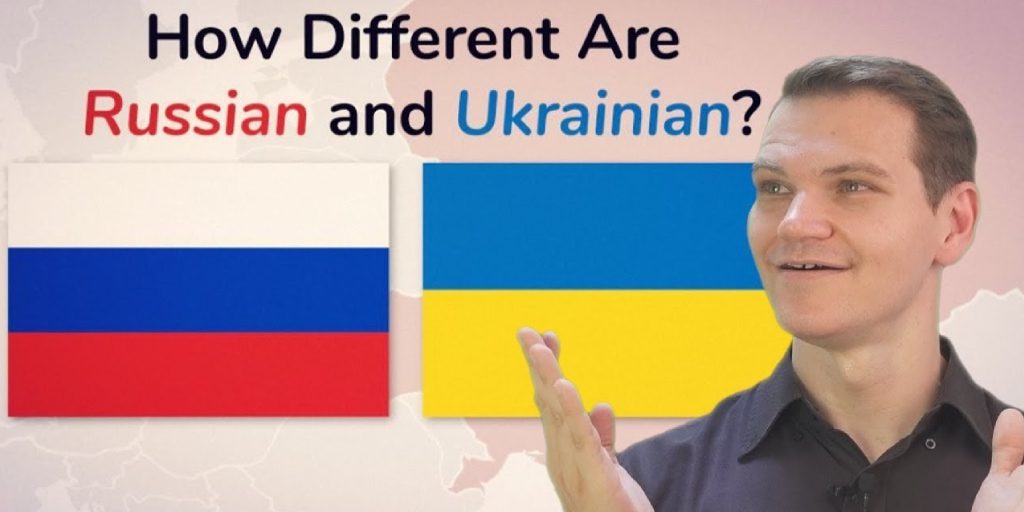The differences and similarities between Ukrainian and Russian are a subject of great debate. However, anyone who has ever tried to get a Russian birth certificate translation will immediately tell you there are subtle differences. For starters, it is worth mentioning that the Ukrainian dialect is substantially if not different from Russian.
Interestingly, almost all Ukrainians can fluently use Russian to communicate both in the written and spoken form. The reason for that is because Russian is studied in schools for a mandatory 8-year period. But all Russians, particularly from remote regions far away from the Ukrainian border cannot understand or write in Ukrainian. It is for that reason why even in Russia and elsewhere, Ukrainian interpreter services play a crucial role in enabling effective communication.
What are Ukrainian & Russian, Similarities & Differences!
To accurately answer this question, it is better to first get the similarities between the two languages. To start, the percentage of vocabulary the two languages share is just about 65%. Regarding their vocabularies, Russian is far removed from Ukrainian. Language experts contend that Ukrainian is closer to Belarusian than to Russian.
In other words, the difference between Russian and Ukrainian in terms of vocabulary is far much greater that what people might ordinarily assume. However, in relation to most Romance languages, the differences are minor. That is why anyone needing Russian to English document translation might find it easier to access the services.
An important fact to note here is that foreigners are often eager to find out the similarities, if any, and the differences between these two languages. And that takes us to the next major question. Ukrainian and Russian share many words that come from older languages. It is important to note that all Slavic languages to which Russian and Ukrainian belong were at first dialects. Their origin can be traced to the Proto-Slavic language that was used nearly from the 4th to the 9th centuries.
But because Russian, Ukrainian, and Belarusian use the Cyrillic alphabet, they are often perceived as a similar group. That alone does not make them the same. In point of truth, and in many respects, Ukrainian is closer to Polish or Slovak than to the Russian language
What are the Differences Between these Two Languages?
The differences start with the consonants. Compared to Russian, Ukrainian has many soft consonants. For instance, whereas the Russians pronounce the “o” as “a”, Ukrainians pronounce it just as “o”. Again, the Ukrainian “N” and “E” are pronounced differently pronounced compared to Russian. At the same time, the Russian language doesn’t have a sound for some consonants.
What in many cases distinguishes languages is the grammar? The Ukrainian and Russian grammar are not the same even though their alphabet is almost similar. The writing between the two languages is similar in many aspects, but if you look at their grammar, you will notice many significant differences in several grammatical concepts.
In conclusion, it would be fair to say the similarities existing between these two languages about pronunciation can be compared to the similarities between Spanish, Portuguese, and Italian. Although many aspects overlap, there are many distinct differences between Russian and Ukrainian. By learning Russian, it does not mean you will be able to speak Ukrainian flawlessly. However, the implication in other circumstances is that once you master how to learn Russian grammar in your mother tongue program, you will find it easier to read Ukrainian. It will also enable you to speak and write easily if you study and practice hard.

